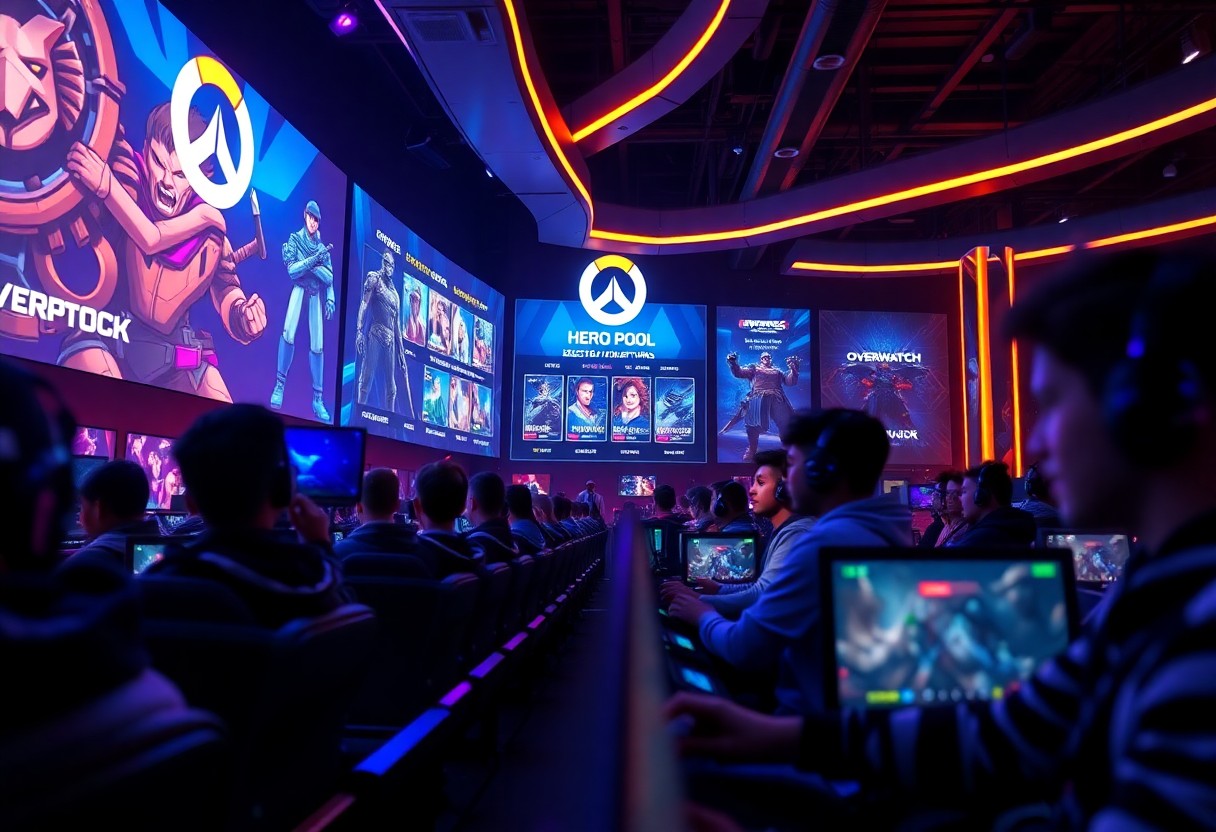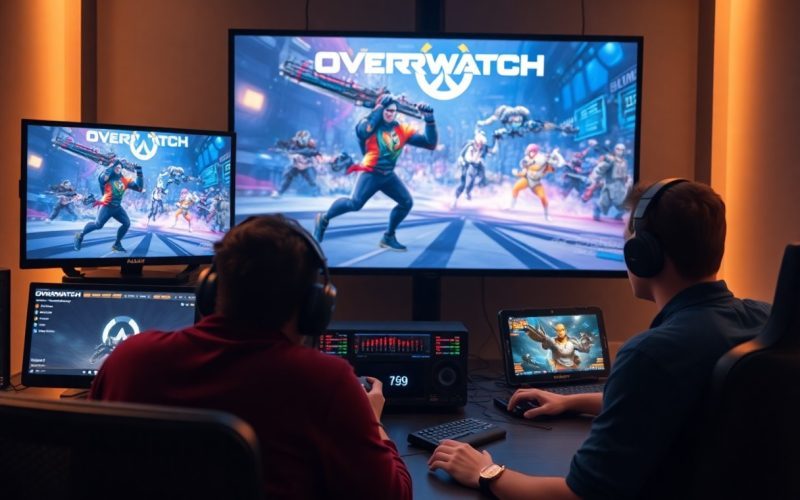Over the years, Blizzard’s Overwatch has developed into a dynamic and evolving game, where balance and player experience are paramount. The introduction of hero pools in competitive play ignited discussions among the community about its impact. Although hero pools aim to encourage diverse gameplay and maintain a fresh competitive atmosphere, many players debate whether this approach serves as a smart balance mechanism or simply a forced rotation that restricts choices.
Hero pools function by rotating specific heroes in and out of the competitive scene, thereby limiting the selection available to players for a given week. This strategy is designed to prevent the dominance of particular heroes that often emerge as meta favorites, ensuring variety in gameplay and strategy. In theory, this fosters a level playing field, allowing lesser-used heroes a chance to shine. Players have to adapt quickly to changing conditions, honing their skills across multiple heroes rather than adhering to a single, comfortable choice.
However, this system has not been without its criticisms. One profound concern raised by community members is the unpredictability of the hero rotations, which can affect the competitive scene significantly. Players invest time honing specific heroes, and when those heroes are suddenly unavailable, it can lead to frustration. The fluctuations can disrupt team synergy and strategies, compelling teams to make rapid adjustments that may not always yield positive results. Some argue that instead of promoting a healthy balance, hero pools often result in chaos, as teams scramble to adapt week after week.
Another consideration is the impact of player enjoyment. Many fans of Overwatch enjoy investing time in mastering specific heroes; they may not appreciate being compelled to shift their focus weekly. This can lead to burnout, as players feel forced to change their strategies frequently, sometimes even leading to a style of play that feels less personal. The artistry of understanding a single hero deeply could be hindered, reducing overall engagement in the game.
Proponents of hero pools argue that change is necessary for the longevity of the game. They posit that frequent rotations stimulate creativity and adaptability, pushing players out of their comfort zones, leading to a richer competitive experience. By diversifying the playable hero pool, players might discover new strategies and tactics, ultimately enhancing their overall understanding of game mechanics.
Some in the community might also appreciate the hero pool structure as a method of addressing balance issues. Particularly dominant heroes can disrupt the competitive ecosystem, causing frustration and perceived unfairness. Hero pools can act as a temporary solution to these imbalances, allowing Blizzard developers to assess trends and player feedback before taking more permanent actions with balance patches.
In the final consideration, the implementation of hero pools in Overwatch brings both opportunities for innovation and challenges regarding player experience. Whether seen as a vital mechanism for promoting diverse gameplay or a forced rotation restricting player choice, it remains clear that the system significantly influences the competitive landscape. As the game continues to evolve, players and developers alike will need to navigate the complexities of hero balance, adaptation, and enjoyment to ensure a vibrant future for Overwatch.







